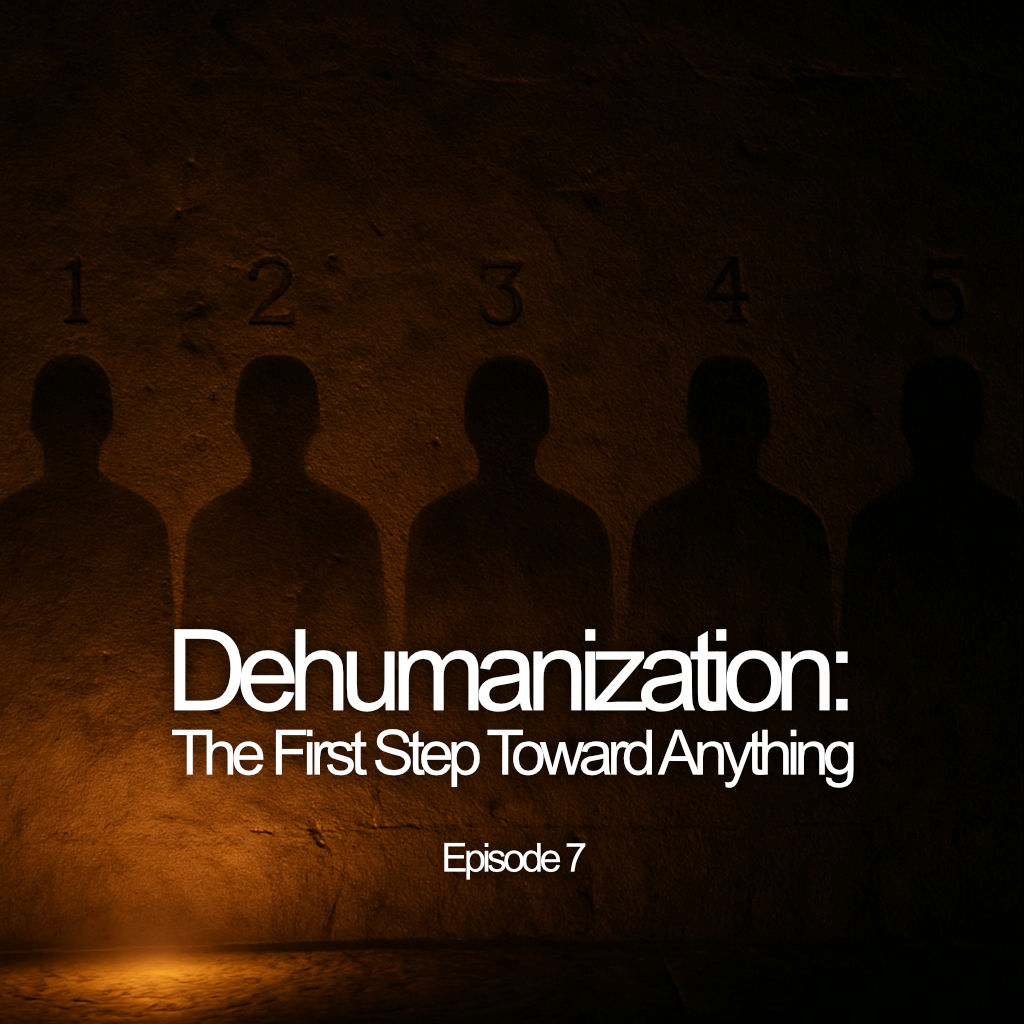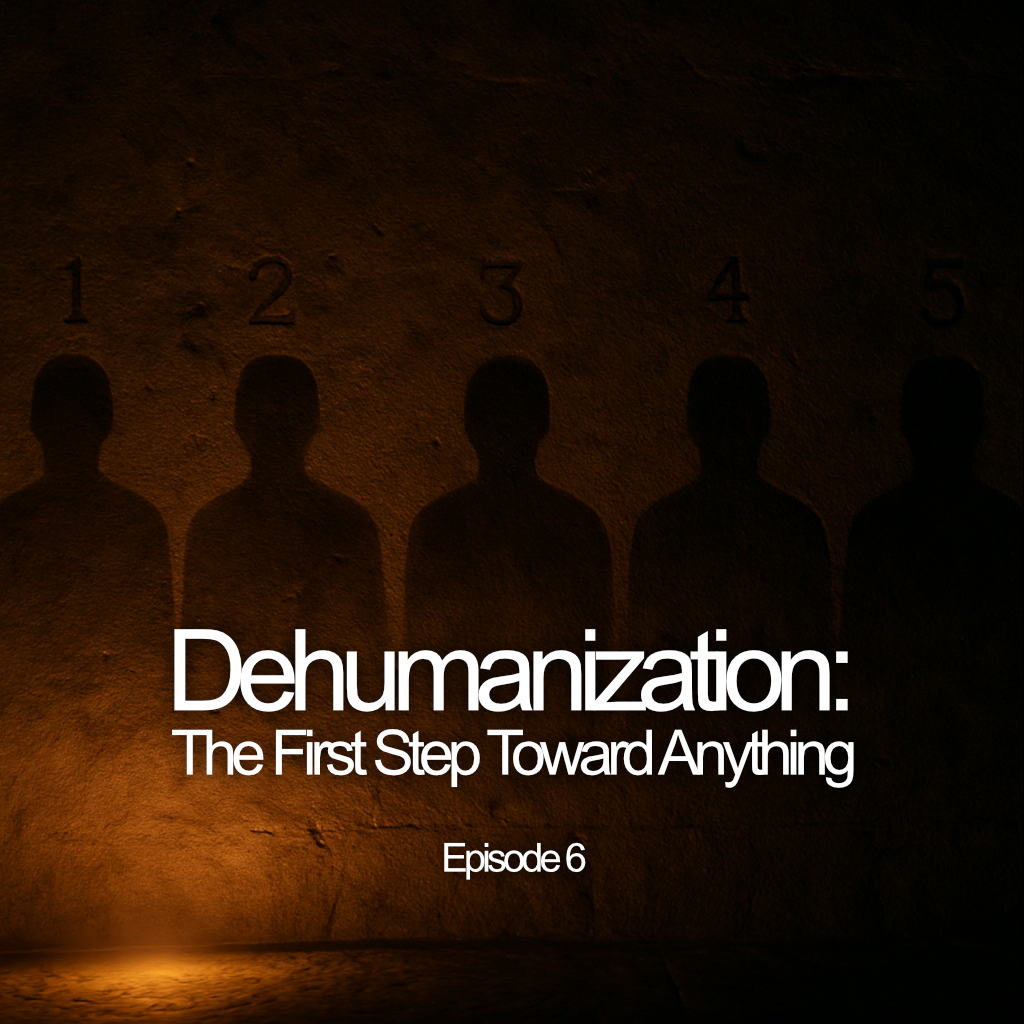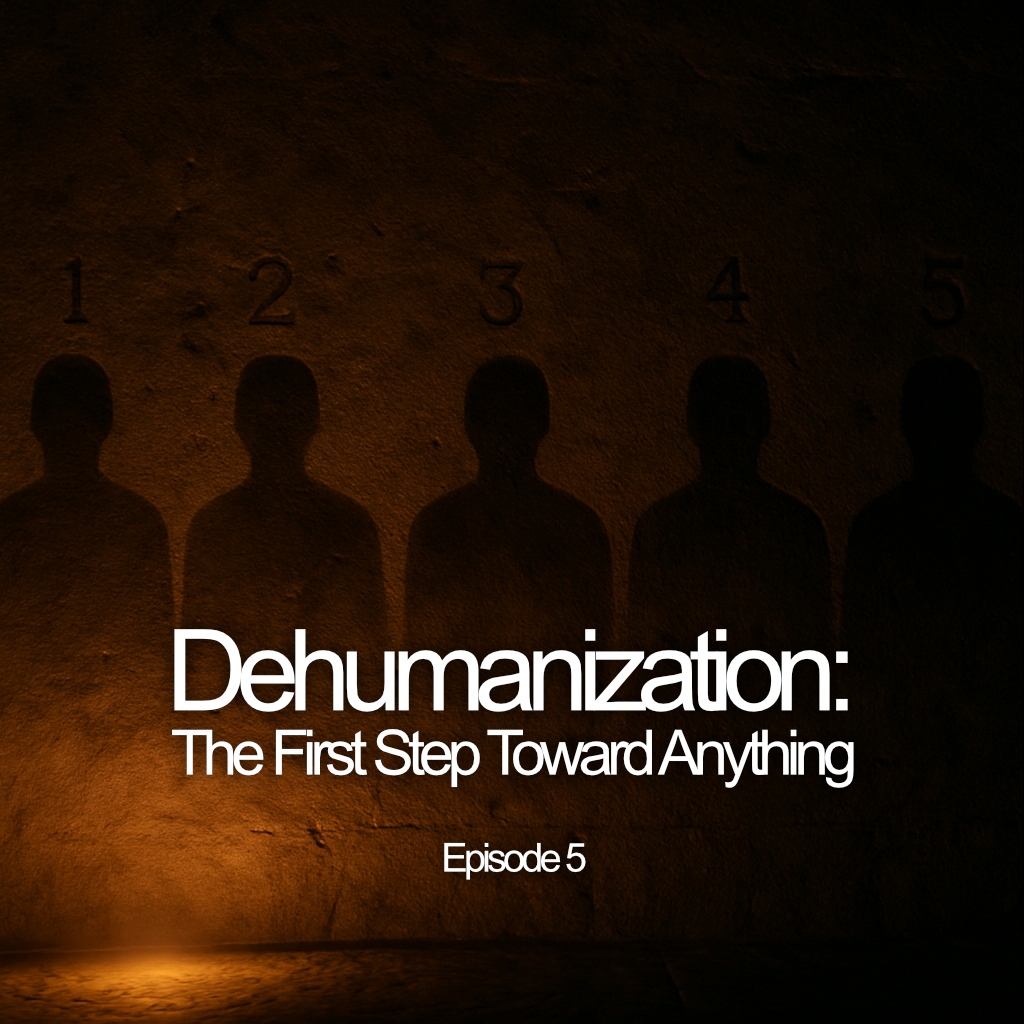We don’t just use the internet. It uses us.
Every click, comment, and pause is part of a feedback loop; a silent conversation with algorithms that shape what we see, what we feel, and ultimately, who we think we are. This isn’t new. But what’s less often discussed is how these systems of personalization can be co-opted, not just to sell us products, but to recruit us into ideologies.
At the core of radicalization today is not anger, or even hatred. It is belonging.
The Hunger for Identity
Humans are tribal. Long before digital networks, we were shaped by social ones. We seek groups that affirm us, mirror us, and give us language for our pain. The more complex or chaotic the world feels, the more powerful this pull becomes.
Extremist movements understand this. They don’t begin by preaching violence or doctrine. They begin with emotionally resonant content: humor, frustration, shared grievances, aspirational imagery. What follows is a series of escalations; subtle shifts in tone, exposure to in-group language, and reframing of out-groups as threats.
And because algorithms reward engagement, this journey is often amplified invisibly, accelerating identity formation long before someone knows they’ve joined anything at all.
How the Algorithm Plays Its Part
Most social media platforms aren’t built to radicalize. But they optimize for attention, and radical content is often emotionally charged, which means more clicks, shares, and time-on-platform.
Here’s how it unfolds:
The Onramp: A frustrated young person watches a meme criticizing modern dating. It feels true.
The Hook: The platform suggests more creators in that space, slightly edgier, more intense.
The Shift: Language starts to frame the viewer as a victim of a rigged system.
The Belonging: Comments, live chats, and forums reinforce the feeling: you are not alone.
The Commitment: Eventually, the group identity supersedes all others and begins to dictate behavior offline.
What once felt like “just content” has become a framework for understanding the world, and themselves.
False Intimacy, Real Consequences
One of the most dangerous elements of online radicalization is the illusion of connection. Parasocial relationships (one-sided emotional bonds with content creators) create a false sense of mentorship or brotherhood. Private Discords, Telegram channels, or group chats offer real-time reinforcement. And unlike traditional institutions, these communities often demand no credentials, only loyalty.
Leaving is hard; not because of ideology, but because it means losing a constructed self.
What We Can Do
In our course The Manosphere: Echoes in the Algorithm, we explore the subtle mechanics of how online movements recruit through identity and emotion. But awareness is only the first step.
Teach media literacy early, not just how to spot fake news, but how to recognize emotional manipulation.
Create counter-narratives that offer purpose, solidarity, and challenge without contempt.
Design platforms more ethically, considering the downstream effects of their engagement models.
Belonging is not a weakness.
It’s a human need.
But when belonging is manufactured, manipulated, or weaponized—it ceases to connect us.
It consumes us.



